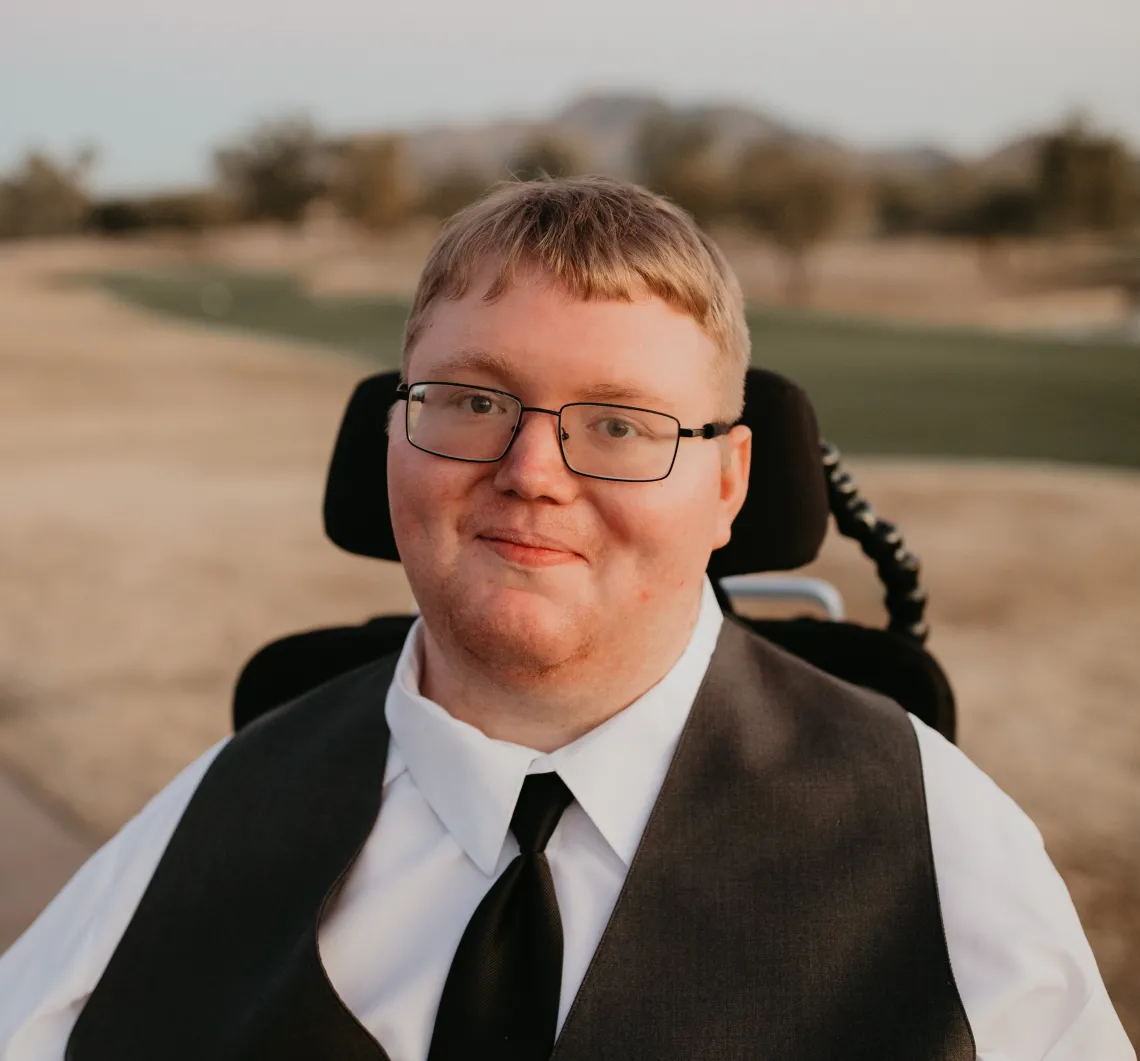The CACTI Blog: New Places, New Obstacles: The Challenges of Refugees with Disabilities

By Cody Newcomb, 2022-2023 Disability Policy Fellowship
When I was five years old, I was diagnosed with a disability. Being diagnosed with a disability early on forces you to understand and work within the systems that are in place. That can include accessing transportation, navigating an extremely complex healthcare system, and accessing education through complex means. Thinking of what I have to deal with — what I have dealt with for 20 years of my life — I know the difficulty of working within a complex healthcare system. However, it’s after many years of experience.
Working on a project about refugees with disabilities makes me realize how difficult living with a disability can be, especially to somebody new to the country. The language barrier instantly makes navigating living with a disability in the United States impossible. Government websites don’t offer translations to every language and translations that are offered are still very difficult to understand. The information on services that are available to refugees with disabilities is not in a one-stop-shop, making it difficult to find certain programs they are eligible for.
Public transportation can be extremely difficult to navigate, especially if it is not easily understandable. Being able to access the bus requires you to have a good understanding of the English language. It is difficult to ensure a bus driver can understand multiple languages, but translated or graphic heavy directions would make accessing the bus and the other public transit smoother. Also, depending on the geographical location of a refugee with a disability, it may be impossible to access public transit. That means necessary medical care is not occurring as much as it should. A number of service organizations have noted that transportation is their biggest concern, as the funding for transporting members is not available at the required capacity.
The argument for accessible and affordable transportation is a key one to help refugees with disabilities gain access to vital resources that are necessary for their lives and livelihoods. The ADA doesn’t differentiate any group of disability from another. Whether it’s a refugee or not, the ADA was passed to give access to government services, and to give access to public transportation. That people that who don’t speak English as their first language do not have full accessibility to transportation is a violation of the ADA. We have new entrants to the United States that don’t speak English and they deserve access to the government and access to the services the government provides. We don’t just help refugees with disabilities, we help all individuals whether they are disabled or not in the United States.
The CACTI Blog features the voices of our interdisciplinary trainees and Community Advisory Council members as they highlight diverse images of people with disabilities and provide community information and advocacy on disability issues. Check Out The CACTI Blog
